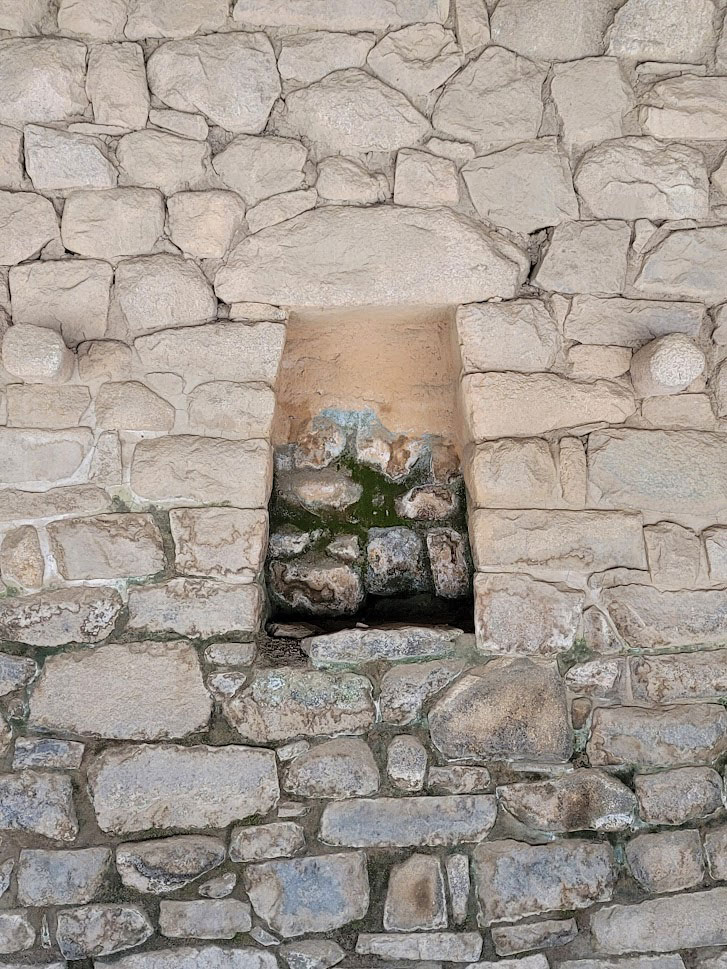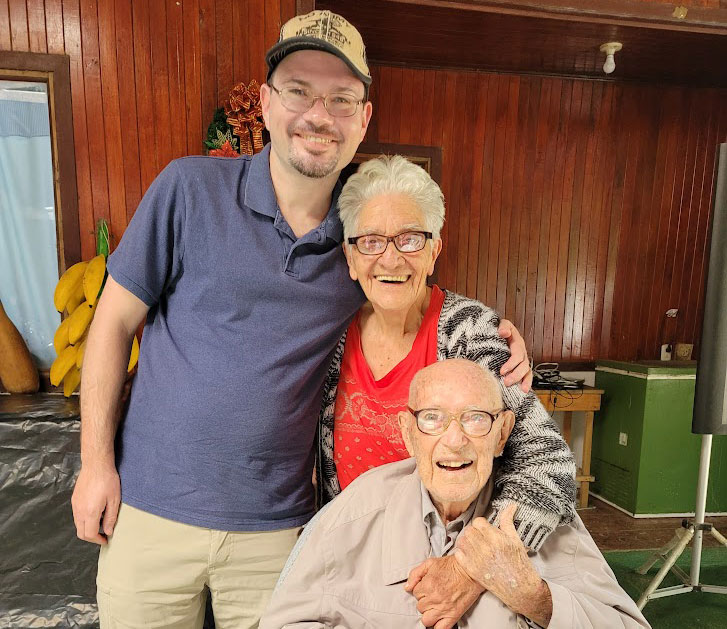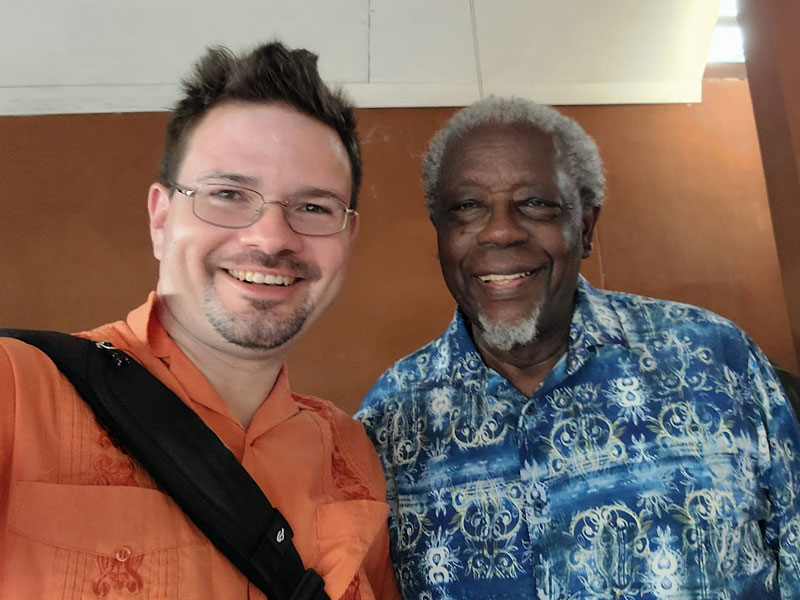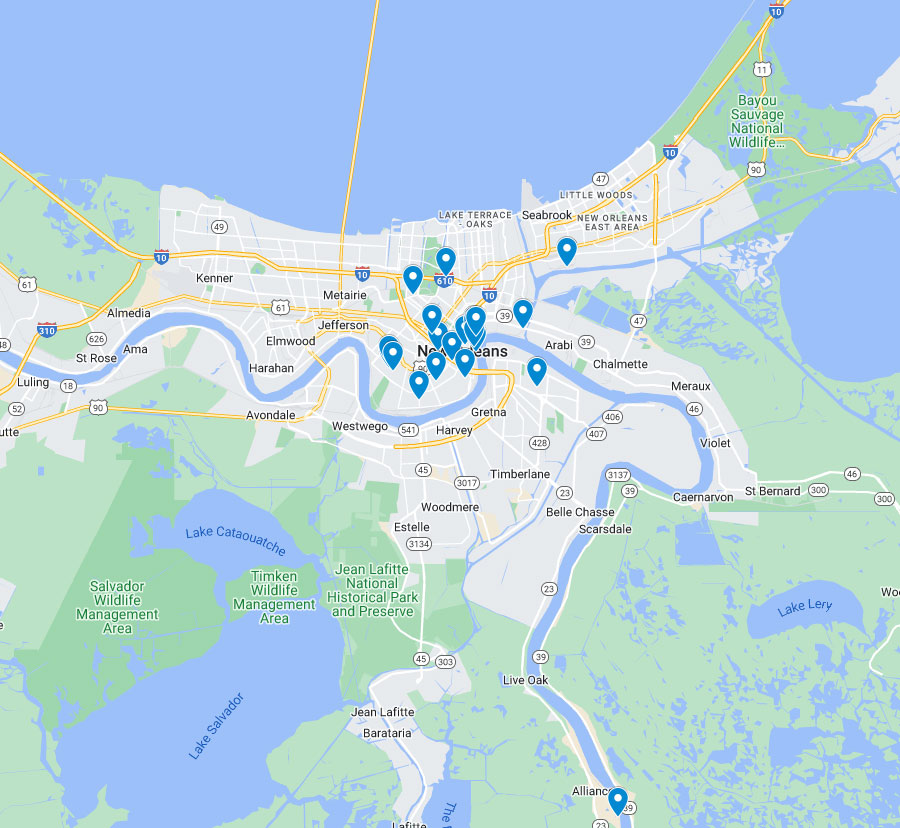
Biography
John Maddox is Associate Professor of Spanish and African American Studies at the University of Alabama at Birmingham. He is the author of Challenging the Black Atlantic (Bucknell UP, 2021) and Fractal Families (Walles UP, 2022). He is co-author of Dictionary of Latin American Identities with Thomas M. Stephens (U of Florida P, 2021).
Research
This book is a postcolonial historical, literary, and cultural argument against the ideology of insularity that created HB-56, Alabama’s anti-immigrant “self-deportation” bill. It is also a search in the state’s past to see how it can be less racist/xenophobic because it already has had resistance to its borders that is both violent and non-violent. I use theory on nonviolence and borders from Judith Butler, Martin Luther King, Jr., Gracie Mae Bradley, and Luke de Noronha, who argue that racial and national divisions must be overcome through nonviolence. I show Attorney General Jeff Session’s rise as a continuation of Alabama society under Jim Crow. Conversely, Booker T. Washington created new citizens through education, but his pedagogy was warped into a return to near-slavery in Haiti. Langston Hughes tied Bookerism to Communism in a little-studied children’s book. He also joined a worldwide chorus of Communists and Black advocates who saved the lives of Alabama’s first “illegal immigrants”: the Black Scottsboro Boys, who were accused of raping white women as they entered Alabama. The state’s borders have been fluid and contested since Spaniards fought Tuscaloosa and failed, established the first capital many years later, and Creoles joined Bolívar in forming the Republic of West Florida. Alabama was active in extending US borders to Central America and the Caribbean. Yet Henrietta Boggs, Helen Keller, and Quakers brought a message of peace. Latin Americans witnessed Jim Crow and became newly aware of racist borderlines back home. Today, Laverne Cox’s character on OTNB shows the borders that still must be abolished and the liberating cultural mixture I call the Alabama carnivalesque.





